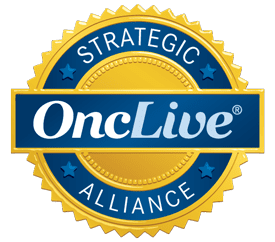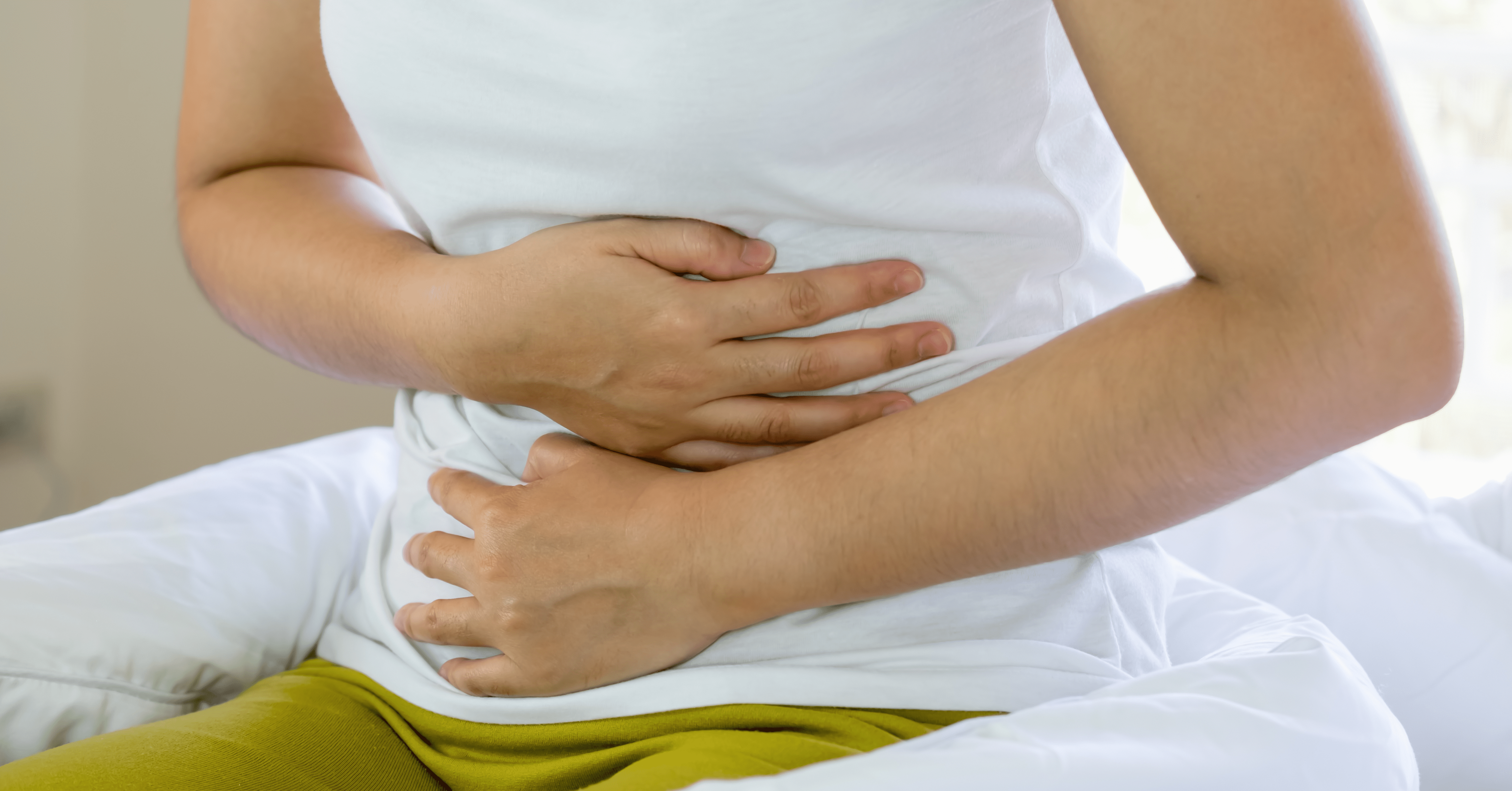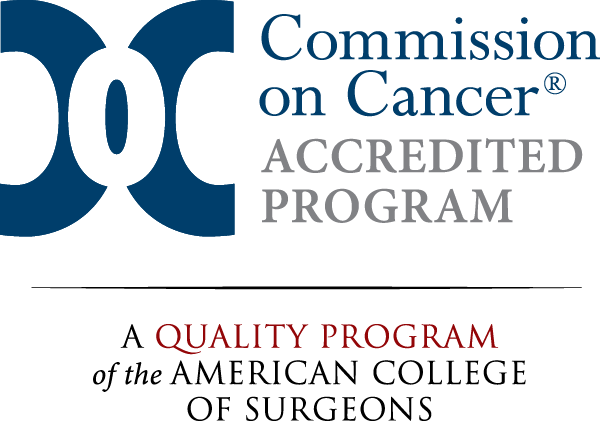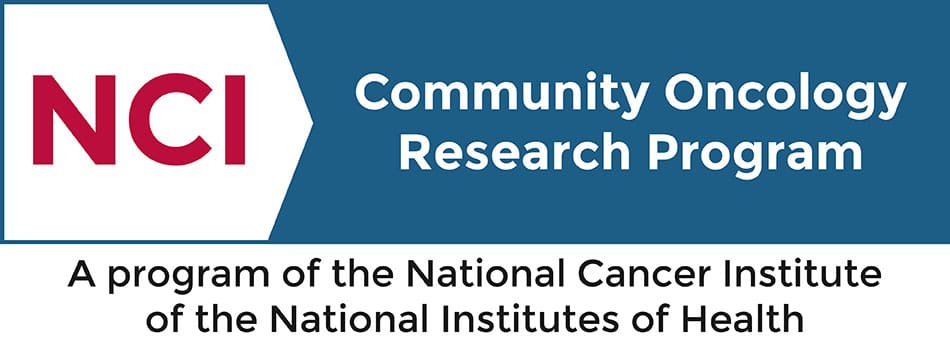Colon cancer, or colorectal cancer, is the second most deadly form of cancer, but it’s also the easiest to treat when caught early. Regular colon cancer screenings are vital to keeping you healthy and cancer free. Knowing what causes colon cancer, how to identify the signs and symptoms, and what your screening options are can help keep you healthy and protect your loved ones.
What causes colon cancer?
Most colon cancers occur when polyps grow in the colon or rectum. A polyp is a small growth that is usually noncancerous but can develop into cancer over time. Colon cancer can happen to anyone at any age, but certain factors can put you at higher risk. Your age, gender, race, family history, and lifestyle choices determine your risk level.
While you can’t control all your risk factors, there are choices you can make that can increase or decrease your chance of developing colon cancer. Ninety percent of colon cancers are caused by environmental exposures, which are things you can control. These environmental exposures include tobacco and alcohol use, physical activity, and diet.
The use of tobacco or alcohol increases your risk for colon cancer and other diseases. If you use these products, try to quit or decrease your use. Doing so will reduce your risk not only for colon cancer but for other diseases like lung cancer and heart disease.
Your diet and physical activity levels can affect your risk for colon cancer. A diet filled with fruits, vegetables, and fiber can decrease your risk, while a diet high in fatty foods, red meat, and processed meat can increase it. Limit your consumption of red meat and foods high in fat and increase your intake of fruits, vegetables, and fiber. This type of diet will lower your overall risk of developing colon cancer.
What are the signs and symptoms of colorectal cancer?
In many cases, colon cancer doesn’t produce symptoms. Symptoms might not occur until the cancer has progressed past the colon or rectum or developed into a higher stage. The higher the stage of cancer you have and the more widespread it is, the more difficult it becomes to treat. This is why consistent colon cancer screenings are essential.
Symptoms can be different for different people. Many people never show signs, while others show symptoms at different stages. Regardless, there are some signs to be aware of. The most common signs of colon cancer are:
- Changes in bowel habits like constipation or diarrhea
- Blood in the stool or rectum
- Pain or cramping in the stomach
- Bloating in the stomach
- A feeling that the bowel isn’t completely empty after a bowel movement
- Losing weight without trying
- Weakness, tiredness, or fatigue
If you’re experiencing any of these symptoms, especially if you have risk factors, contact your care provider as soon as possible. Colon cancer is best treated when caught early, and if you don’t have colon cancer, there might be something else that needs to be addressed.
What to do if you think you have colon cancer
If you experience the symptoms above or think that you might have colon cancer, it’s vital that you talk to your care provider and get a colonoscopy as soon as possible. Confirming or ruling out a diagnosis will allow you to get treated quickly, ensuring the best possible outcome. While a standard colonoscopy is the best and most accurate testing choice, other options exist.
What are the colorectal cancer screening options?
A colonoscopy is the gold standard for colon cancer screenings, but you have choices if you want to explore other options. While these aren’t all your options for screening, the most common are:
Over-the-counter testing: An at-home screening kit allows you to test yourself in the comfort of your home. It tests for abnormal DNA and blood in the stool, making it the least invasive screening method. If you get a positive or unknown result with at-home testing, you’ll likely have to get a colonoscopy to confirm or explore more.
Stool test: While at-home screenings are done through stool collection, you can also get this test directly through your care provider. This screening will test your stool for the presence of blood and certain DNA. If anything of concern is found, you’ll likely have to get a colonoscopy to confirm the presence of polyps or cancer.
Sigmoidoscopy: Similar to a colonoscopy, during a sigmoidoscopy, your doctor uses a small camera to examine your sigmoid colon and rectum to look for the presence of polyps. A sigmoidoscopy is less detailed than a colonoscopy because it does not explore the small and large bowel. Like other screening options, if there seems to be a presence of colon cancer, you will likely have to get a colonoscopy to confirm.
While colon cancer is the second deadliest cancer, it’s also the most preventable and treatable. Knowing the signs and symptoms and when to get treated is vital to keep you and your loved ones healthy. Watch for symptoms. Talk to your doctor about your risk level and schedule a colonoscopy.
Colonoscopies are the best way to prevent and detect colon cancer. If you’re over 45, have high-risk factors, or are experiencing any of the symptoms mentioned above, it’s time to schedule a colonoscopy. Capital Health’s Center for Colorectal Cancer offers leading-edge care from experienced and dedicated providers. Schedule your colonoscopy online or by calling 609-303-4444.



